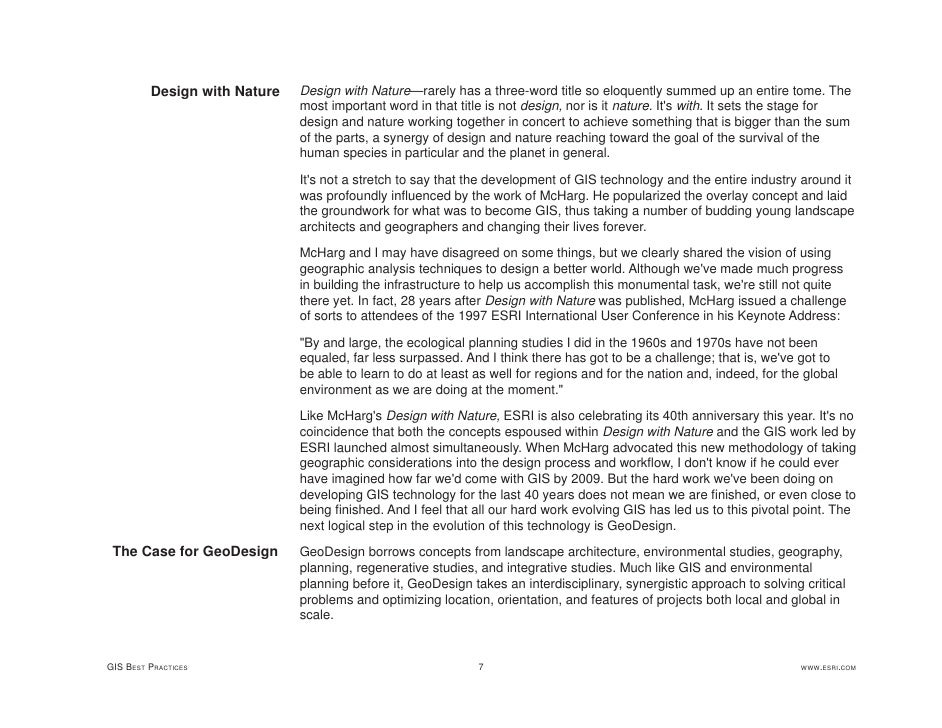Essay about Epistemology and Skepticism - 370 Words.
Virtue Epistemology: Essays in Epistemic Virtue and Responsibility Abrol Fairweather, Linda Zagzebski Virtue epistemology is an exciting, new movement receiving an enormous amount of attention from top epistemologists and ethicists; this pioneering volume reflects the best work in that vein.
Zagzebski denies that simple reliabilism ought to be considered a form of virtue epistemology, but it is worth mentioning the most serious objection to it since reflection on it was one of the motivations leading to the development of virtue epistemology.

This book is a collection of important work on the problem of scepticism, by someone who has provided perhaps the leading contemporary investigation of this problem. The guiding questions of this volume are: Can we have knowledge of the external world of things outside our minds? Can we have knowledge of the internal world of our own contentful mental states?

Virtue epistemologists provide a comprehensive analysis of skepticism, but one of the things that struck me as most insightful is that the skeptic may essentially suffer from a lack of epistemic virtue. Specifically, he is guilty of epistemic self-indulgence for wanting to avoid error to a point that goes beyond human capabilities.

Virtue Epistemology Virtue epistemology is a collection of recent approaches to epistemology that give epistemic or intellectual virtue concepts an important and fundamental role. Virtue epistemologists can be divided into two groups.

Epistemology Essay. object, but that does not necessarily mean it will always happen. Therefore, Hume, who starts out as an empiricist, has arrived at the conclusion where an individual may not have knowledge at all, of skeptic doubt.

Means of assessment: Mid-term essay with a maximum word count of 1,500 words (40% of final grade for the course). End-of-semester essay with a maximum word count of 2,500 words (60% of final grade for the course). A list of set essay prompts for each of these assessments will be provided in due course.

Skepticism and Intellectual Humility as a Civic Virtue Allan Hazlett II. How Are Intellectual Virtues Related to Other Educational Aims and Practices? 6. Critical Thinking and the Intellectual Virtues Harvey Siegel 7. Intellectual Virtue, Extended Cognition, and the Epistemology of Education Duncan Pritchard 8. Testimonial Virtue Emily Robertson 9.

This chapter focuses on the responses that proponents of virtue epistemology (VE) make to radical skepticism and particularly to two related forms of it, Pyrrhonian skepticism and the “underdetermination-based” argument, both of which have been receiving widening attention in recent debate. Section 1 of the chapter briefly articulates these.

Buy Epistemology: New Essays by Quentin Smith (ISBN: 9780199264940) from Amazon's Book Store. Everyday low prices and free delivery on eligible orders.

Hinge Epistemology, Radical Skepticism, and Domain Specific Skepticism. Drew Johnson - 2019 - International Journal for the Study of Skepticism 9 (2):116-133. details This paper explores how hinge epistemology might fruitfully be applied not only to the problem of radical skepticism, but also to certain domain specific skepticisms, and in particular, moral skepticism.

Skepticism And Epistemology - Epistemology, also known as theory of knowledge is the part of philosophy that discusses the view and nature of knowledge. Epistemology is an interesting element of philosophy, since it leads to unique questions such as what is knowledge and truth, as well as what is the source of knowledge.

What is Virtue Epistemology? This paper functions as a brief introduction to virtue epistemology, a topic that has enjoyed a recent gain in popularity among analytic philosophers. Here I maintain that the defining feature of virtue epistemology is its focus on the intellectual virtues and vices rather than the evaluation of belief.



